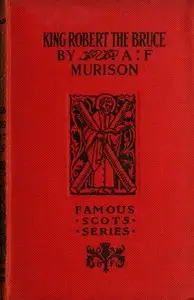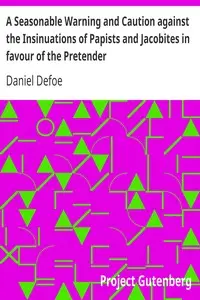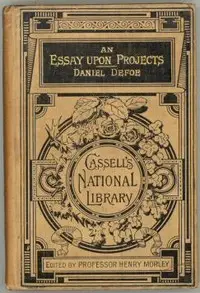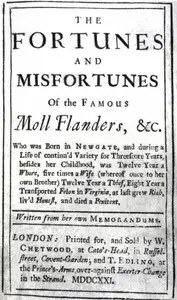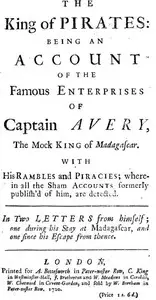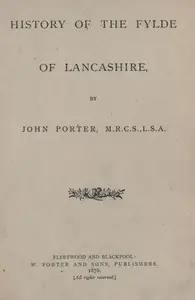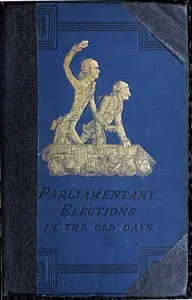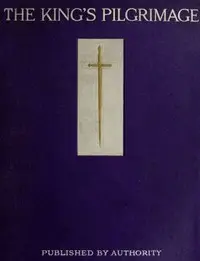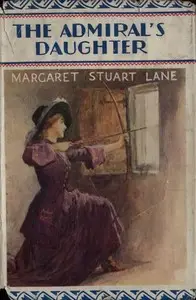"And What if the Pretender should Come?" by Daniel Defoe is a political piece that considers a hypothetical scenario: what if James Francis Edward Stuart, the Pretender, took the British throne? In this exploration, Defoe weighs the potential good and bad outcomes of trading the current Hanoverian rulers for a Stuart king. The author looks at worries about the Pretender's right to rule, the risk of French power and Catholic influence, and the unease caused by shifting political landscapes. He hints at the possibility of a stronger, more united Britain under the Pretender, where the country's debt could be relieved, peace could be assured through an alliance with France, and political conflicts could be avoided. The purpose of the pamphlet is to encourage a debate about the possible upsides of the Pretender's reign, contrasting common anxieties with a vision of national success and security.

And What if the Pretender should Come? Or Some Considerations of the Advantages and Real Consequences of the Pretender's Possessing the Crown of Great Britain
By Daniel Defoe
Imagine a world where a new king could erase national debt, secure lasting peace, and unite a divided nation – but only if the people dare to embrace a controversial ruler.
Summary
About the AuthorDaniel Defoe was an English novelist, journalist, merchant, pamphleteer and spy. He is most famous for his novel Robinson Crusoe, published in 1719, which is claimed to be second only to the Bible in its number of translations. He has been seen as one of the earliest proponents of the English novel, and helped to popularise the form in Britain with others such as Aphra Behn and Samuel Richardson. Defoe wrote many political tracts, was often in trouble with the authorities, and spent a period in prison. Intellectuals and political leaders paid attention to his fresh ideas and sometimes consulted him.
Daniel Defoe was an English novelist, journalist, merchant, pamphleteer and spy. He is most famous for his novel Robinson Crusoe, published in 1719, which is claimed to be second only to the Bible in its number of translations. He has been seen as one of the earliest proponents of the English novel, and helped to popularise the form in Britain with others such as Aphra Behn and Samuel Richardson. Defoe wrote many political tracts, was often in trouble with the authorities, and spent a period in prison. Intellectuals and political leaders paid attention to his fresh ideas and sometimes consulted him.

